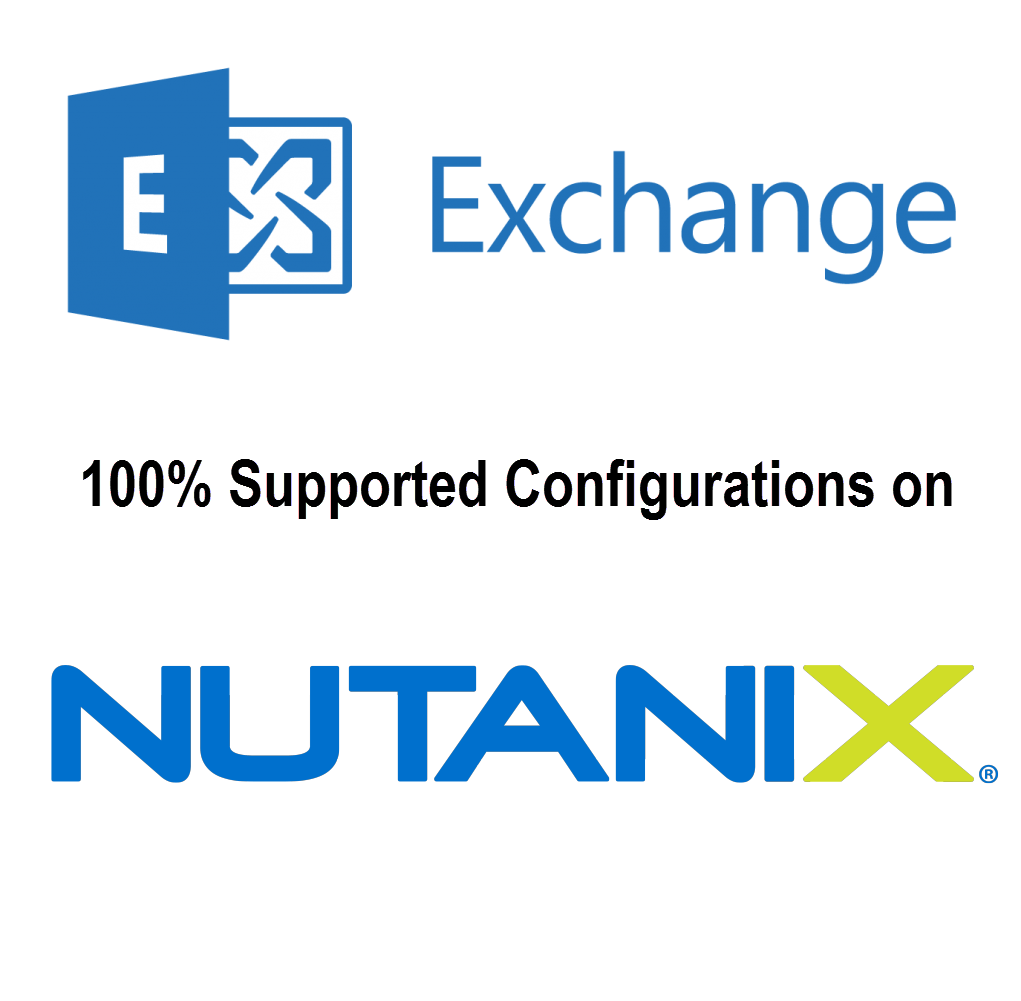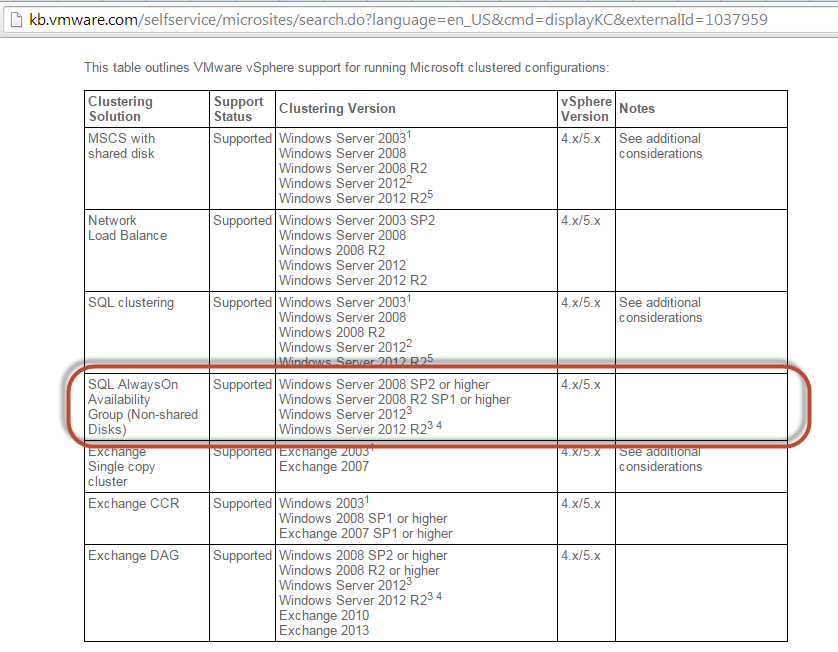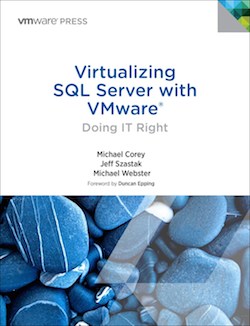Its disappointing that some vendors have so little respect for customers time that they continue to spread FUD (Fear Uncertainty and Doubt) about other vendors products.
This post is for existing and future Nutanix customers to get the facts about support for MS Exchange on Nutanix.
First of all, Nutanix Distributed File System (NDFS) is not Network File System (NFS).
NDFS is a file system which presents storage to hypervisors (ESXi, Hyper-V and Acropolis Hypervisor) via industry standard storage protocols being iSCSI, SMB 3.0 and NFS.
Currently Microsoft do not support Exchange running with VMDKs hosted on NFS for Exchange deployments on vSphere, this is due to an outdated and baseless support policy which experts from almost every major storage vendor agree.
For more information see the below article:
Virtualizing Exchange on vSphere with NFS backed storage?
However Nutanix have a published KB providing full support for MS Exchange when running within VMDKs on NFS datastores.
Nutanix aims to provide an Uncompromisingly Simple solution for customers which gives them maximum flexibility/choice. As such, when deploying applications such as MS Exchange on Nutanix, how the application/s are deployed and what storage protocol they use is ultimately the customers choice.
The below are some of the benefits of this include:
- Running a standard platform and storage protocol for all workloads is a simple model which reduces the unnecessary complexity of multiple protocols and/or in-guest storage configurations.
- The customer has the choice to deploy in multiple configurations to suit their specific requirements
- vSphere running iSCSI
- Hyper-V running SMB 3.0
- Acropolis Hypervisor (AHV) running iSCSI (default)
If you understand that NFS datastores are not supported by Microsoft, but accept it is fully supported by Nutanix and you want to run Exchange in a VMDK on NFS datastores, then Nutanix will support for MS Exchange and Microsoft will provide commercially reasonable support directly or via TSAnet if the case needs to be escalated.
So there you have it, MS Exchange can be ran on Nutanix in 100% Microsoft supported configurations and Nutanix customers have the choice in how they wish to deploy with full support from Nutanix.
Related Articles:
- MS Exchange on Nutanix Acropolis Hypervisor (AHV)
- Why Nutanix Acropolis hypervisor (AHV) is the next generation hypervisor
- Peak performance vs Real World – Exchange on Nutanix Acropolis Hypervisor (AHV)
- MS Exchange on Nutanix Acropolis Hypervisor (AHV)
- MS Exchange on Nutanix now a MS validated ESRP solution
- Peak performance vs Real World – Exchange on Nutanix Acropolis Hypervisor (AHV)
- How to successfully Virtualize MS Exchange
- Deduplication and MS Exchange
- Think HCI is not ideal way to run your mission-critical x86 workloads? Think again!
- Why Nutanix Acropolis hypervisor (AHV) is the next generation hypervisor






